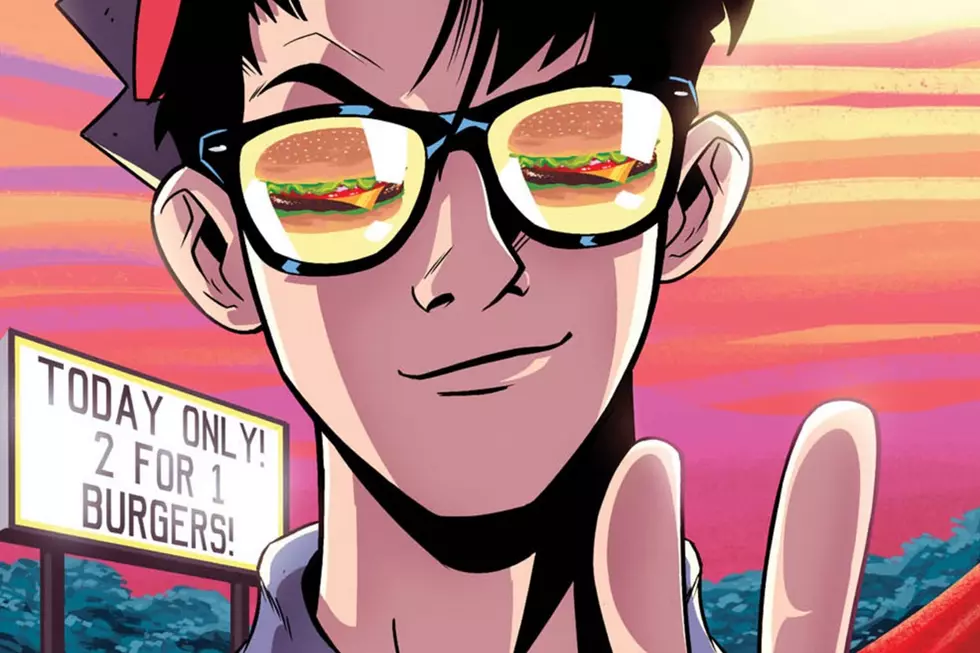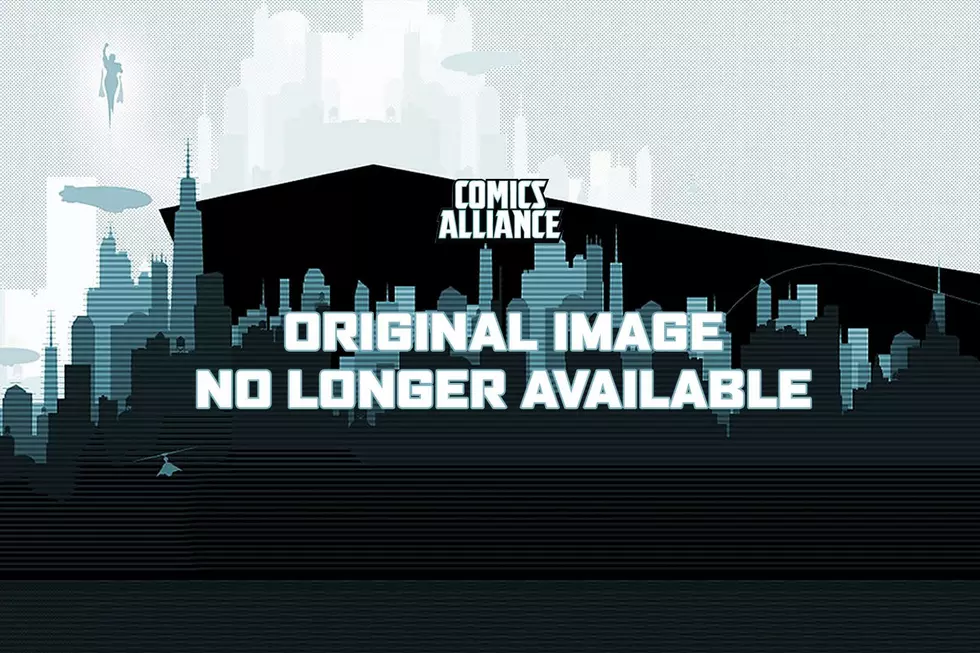
The Need For Asexual & Aromantic Heroes In Comics
Queer representation in comics has been making small but appreciable advances in recent years, but there are some queer identities that comics and all media seem to struggle to get to grips with. Asexuals --- people who do not experience sexual attraction --- and aromantics --- people who do not experience romantic attraction --- are still incredibly rarely represented in fiction, with Archie Comics' Jughead one of the few notable examples.
ComicsAlliance spoke to four comics fans and creators who are asexual, aromantic, or on the asexual spectrum, to get their thoughts on representation in comics, Jughead, Riverdale, and the best comics out there for young ace/aro readers.


